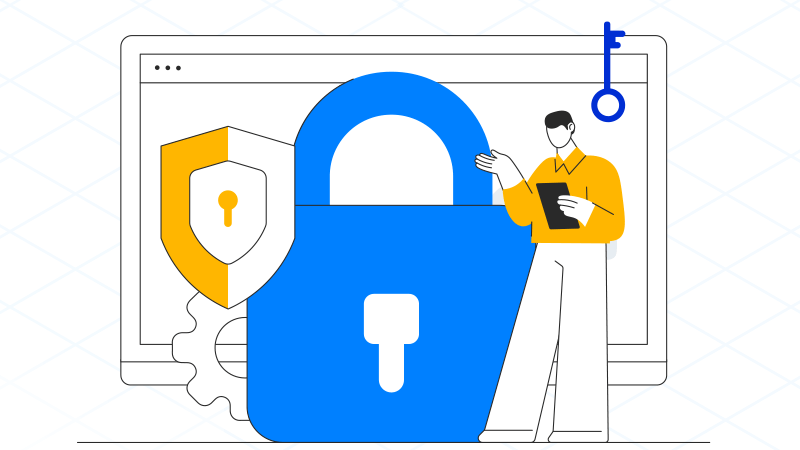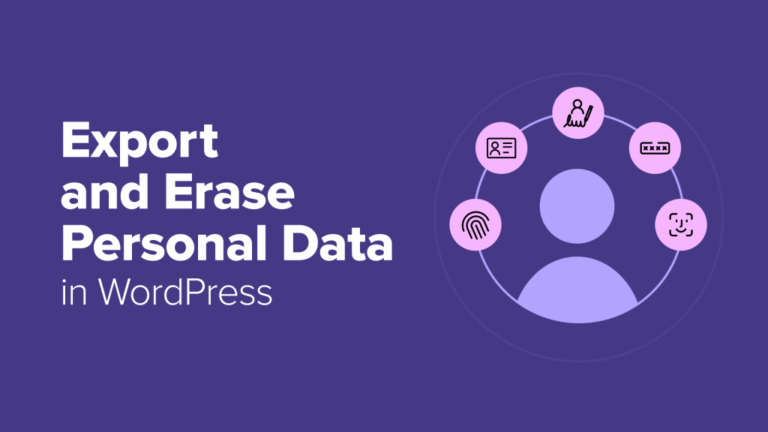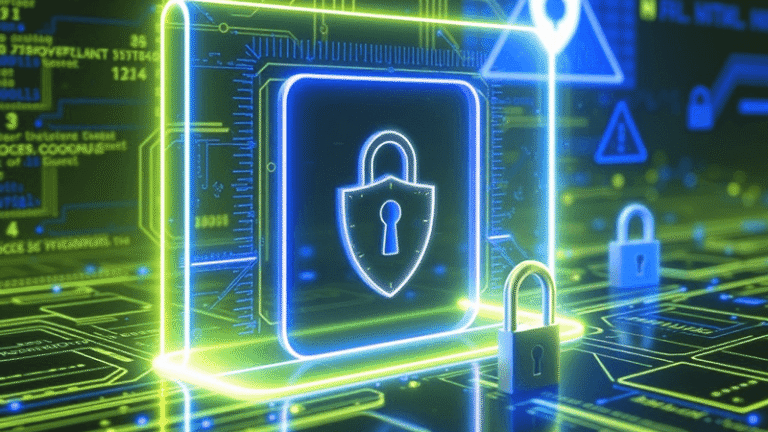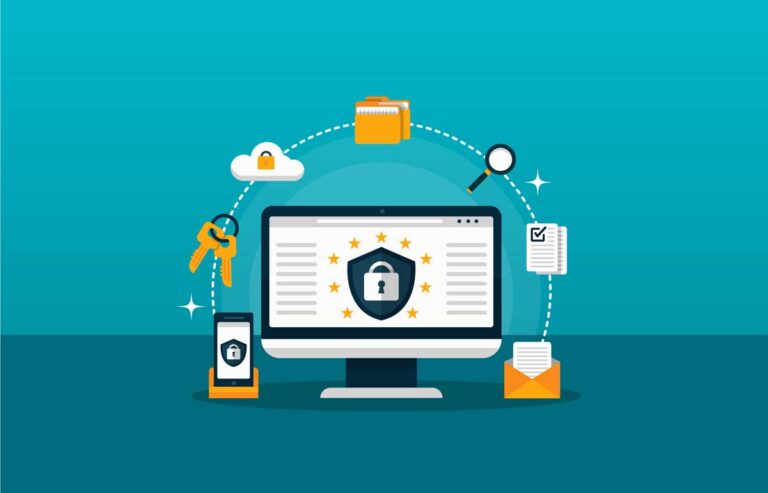
Today’s enterprise environment is defined by new levels of data dependency and regulatory oversight. As organizations across finance, e-commerce, healthcare, and technology rely on digital platforms to drive growth and serve customers, the security and continuity of business operations hinge on the infrastructure that supports critical applications and sensitive data. For decision-makers, the stakes are clear: a single breach or outage can result in financial losses, reputational damage, and legal exposure. This is why certified data centers—recognized for their adherence to stringent industry standards—are an essential pillar of any business security strategy.
What Are Data Center Certifications and Why Do They Matter?
Data center certifications are third-party validations that a facility’s design, operations, and management meet specific global or regional standards. These standards, set by organizations like the Uptime Institute, International Organization for Standardization (ISO), and Payment Card Industry Security Standards Council, ensure that data centers operate with a defined level of security, redundancy, and operational excellence. For businesses, this translates to greater confidence in the resilience and compliance of their IT environments.
Key certifications include:
- ISO 27001: Focused on information security management systems (ISMS), this standard demands rigorous controls for data confidentiality, integrity, and availability.
- SOC 2: Audits operational controls for security, availability, processing integrity, confidentiality, and privacy.
- PCI DSS: Essential for organizations handling payment data, ensuring strict controls for secure processing and storage.
- Uptime Institute Tier III/IV: Measures the redundancy and fault tolerance of power, cooling, and network infrastructure.
- LEED and ISO 14001: Demonstrate commitment to sustainability and environmental management.
The Business Impact: Building Trust, Ensuring Compliance, and Reducing Risk
For many industries, using a certified data center is not simply best practice—it is a prerequisite for doing business. Regulations such as the GDPR, HIPAA, and sector-specific data protection laws mandate that sensitive data be hosted in environments that meet strict security and privacy standards. Certified data centers provide independent proof of compliance, helping businesses avoid costly fines, streamline audits, and maintain eligibility for government or enterprise contracts.
From a risk management perspective, certified data centers offer robust physical and logical security controls. Facilities like Dataplugs’ Hong Kong MEGA-i and Equinix HK1, Los Angeles Digital Realty LAX10, and Tokyo Digital Edge TYO1 are equipped with:
- N+1 or 2N redundancy in power and cooling, minimizing the risk of outages and ensuring high uptime (up to 99.995% for Tier IV).
- 24/7 surveillance, biometric access controls, mantraps, and on-site security personnel.
- Advanced fire detection and suppression, such as VESDA and gas-based systems.
- Carrier-neutral connectivity with multiple redundant network paths for seamless failover and disaster recovery.
Cybersecurity and Business Continuity: More Than Just Physical Protection
Modern threats extend well beyond physical intrusion. Certified data centers invest in comprehensive cyber defenses, including network segmentation, zero-trust architecture, DDoS mitigation, and proactive vulnerability scanning. Critical business workloads are protected by multi-layered firewalls, web application firewalls (WAF), and real-time monitoring for anomalous activity.
Dataplugs, for instance, integrates enterprise-grade DDoS protection with continuous patch management and automated backup solutions, supporting rapid disaster recovery and minimizing downtime. This means business operations remain resilient in the face of ransomware, targeted attacks, or other disruptions.
Operational Efficiency and Scalability for Growing Enterprises
Certified data centers are engineered for efficiency and scalability, enabling businesses to adapt to changing market demands. With modular power and cooling, flexible hardware configurations, and on-demand provisioning, organizations can scale resources up or down without compromising performance or security. Dataplugs’ infrastructure supports everything from resource-intensive AI and analytics workloads to high-transaction e-commerce platforms, with customizable options for CPU, RAM, storage, and bandwidth.
For global enterprises, the ability to deploy workloads across multiple certified data centers—spanning Hong Kong, Los Angeles, and Tokyo—enables geographic redundancy, low-latency connectivity, and compliance with cross-border data regulations. This distributed approach not only enhances performance but also strengthens business continuity and disaster recovery strategies.
Customer Trust and Competitive Advantage
In B2B relationships, the security and reliability of your infrastructure directly impact customer trust and contractual obligations. RFPs and vendor assessments frequently require documented proof of data center certifications, especially for clients in regulated industries or those with stringent internal risk policies. Leveraging a provider like Dataplugs, with a proven track record in certified data center operations, positions your business as a credible and trustworthy partner.
Moreover, certifications can differentiate your brand in the marketplace, signaling a commitment to best practices and proactive risk management. This can be a decisive factor in winning new business, retaining key accounts, and supporting digital transformation initiatives.
Sustainability and the Future of Data Center Standards
As ESG (Environmental, Social, and Governance) considerations become integral to business strategy, data center standards are evolving to include sustainability metrics. Certifications like LEED and ISO 14001 reflect efficient energy use, carbon reduction, and responsible resource management. Enterprises seeking to meet their own sustainability goals increasingly look for data center partners who can document green credentials.
The future of data center standards is also being shaped by innovations such as AI-powered compliance monitoring, quantum-safe security protocols, and zero-trust frameworks. Staying aligned with certified providers ensures your business can adapt to these changes and maintain a resilient, future-ready infrastructure.
Why Businesses Choose Dataplugs for Certified Data Center Hosting
Dataplugs operates a global network of certified data centers, each designed to meet or exceed the highest industry benchmarks for security, availability, and regulatory compliance. Clients benefit from:
- Multiple Tier 3+ facilities in strategic locations.
- Certifications including ISO 27001, SOC 2, PCI DSS, LEED, and more.
- End-to-end solutions encompassing dedicated servers, colocation, backup, and cybersecurity services.
- 24/7 expert support and rapid incident response.
- Transparent pricing and flexible service models to match evolving business needs.
Conclusion: Integrating Certified Data Centers into Your Business Security Framework
In an era of cyber risk, regulatory scrutiny, and digital transformation, data center certifications are a cornerstone of secure, reliable, and scalable business operations. They signal a commitment to best practices, support regulatory compliance, and provide peace of mind to stakeholders and customers alike.
Whether you are expanding into new markets, handling sensitive data, or building resilient cloud architectures, choosing certified data centers is a strategic decision that underpins every aspect of business security. Explore how Dataplugs’ certified infrastructure can help you achieve your operational, compliance, and growth objectives—connect with Dataplugs for a tailored consultation or infrastructure assessment via live chat or email at sales@dataplugs.com.





